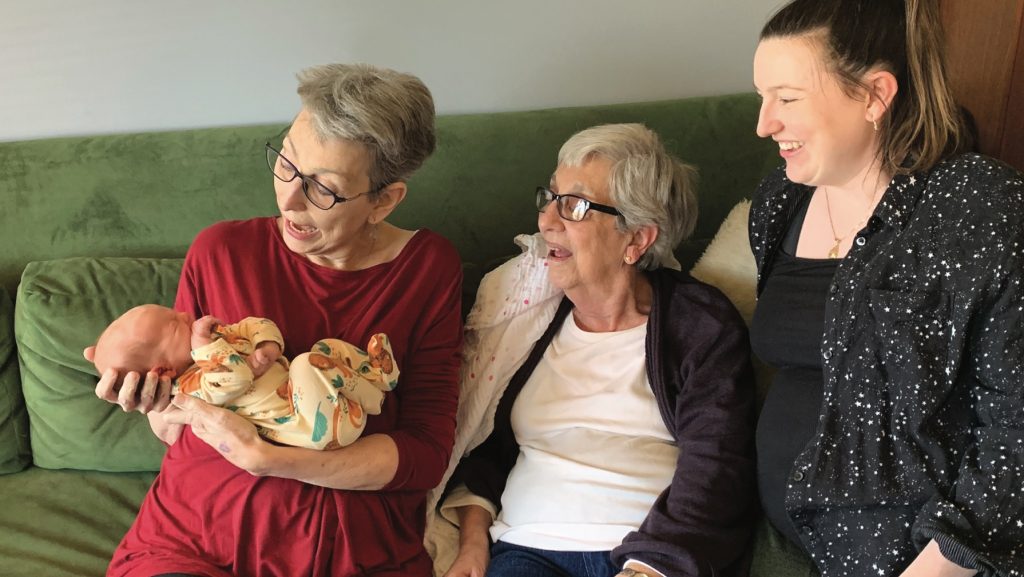Robin Lancaster: an unexpected bill at the pharmacy

At age 50, Kentucky native Robin Lancaster was diagnosed with primary myelofibrosis, a rare blood cancer that affects over 13,000 people in the U.S. “I quickly went to Google—nothing but horrible news,” she said.
The cancer diagnosis left Robin and her husband, Rick, unprepared and overwhelmed for the challenges of what would be their “new normal.” Myelofibrosis can cause anemia, enlargement of the spleen and liver, impaired kidney function, extreme fatigue, and other problems. In some patients, it can progress to an aggressive type of leukemia. Specialty life-extending medications to address the progressive symptoms of Robin’s cancer would be incredibly costly. But what good would they be if she couldn’t afford them?
For years, the couple relied on copay assistance cards from the drug manufacturers to afford the medication. But things took an unexpected turn at the pharmacy counter when they were told they owed $10,000 out-of-pocket for Robin’s prescription medications. Was this a mistake? Unfortunately not.
The only thing ringing through my head was ‘I’ll never know my grandchildren’.
In January 2019, Rick’s company switched to a high-deductible insurance plan that would not allow copay assistance to count towards the deductible. Employers often adopt these programs as a cost savings strategy without truly understanding the negative impact it could have on their employees.
In a high-deductible health plan the monthly premium is usually lower, but patients pay more healthcare costs out of their own pocket before the insurance company starts to contribute. High front-end deductibles can create barriers to treatment for people who need it most, making prescription medications more expensive and unaffordable for many people like Robin, who was still on a feeding tube and slowly working toward getting back to a normal diet at the time of the $10,000 bill.
“Copay accumulators,” as they are called, are a relatively new and harmful practice that some health plans use to stop counting drug manufacturer copay assistance toward a person’s deductible or out-of-pocket maximum. “Between our health savings account and our now empty personal savings account, we were no longer able to cover the cost of my treatment,” Robin said. “That’s when a counselor at my pharmacy told me about the PAN Foundation.”
Some states have taken action to protect their residents from this harmful practice, recognizing the importance of patient assistance. Arizona, Illinois, Virginia, and West Virginia enacted state laws in 2019 requiring insurers to accept third party payments, including drug manufacturer assistance, made on behalf of an insured person to count towards their deductible and out-of-pocket costs.
Robin’s home state of Kentucky has not taken any action. But PAN was there to help. Through a grant from PAN’s Philadelphia chromosome negative myeloproliferative neoplasms program, Robin was able to pay for her January medication refill. She sends in receipts from her prescriptions and receives a check to cover the cost.
“I can’t describe what PAN has done for our family,” she said. “There are still lots of smaller billing and insurance issues we have to deal with throughout the year, but coming up with a whopping sum for deductibles every January is not a worry on the list anymore.”
The PAN Foundation urges policymakers to prohibit programs like copay accumulators that increase out-of-pocket costs for people like Robin with serious health conditions.
Do you have a story about how PAN has helped you? We would love to hear from you! Share your story today.